Russia has issued a stern warning to the United Kingdom about the potential formation of a “coalition of the willing” in Ukraine, implying that such a move could escalate to a nuclear-armed World War Three, fears of which have grown in recent weeks following the leak of sophisticated US drone technology.
Sergei Shoigu, a staunch Putin supporter and secretary of the powerful Russian security council who previously served as defense minister, has voiced his opposition to any Western “peacekeepers” setting foot on Ukrainian soil.
Shoigu cited Russia’s clandestine European war preparations aimed at 2030, echoing Ukrainian President Volodymyr Zelensky’s warnings of “occupation.” Russia has been accused of attempting to steal “sensitive nuclear documents” from a NATO country.
“Sensible politicians in Europe understand that the implementation of such a scenario [putting Western troops on the ground in Ukraine] could lead to a direct clash between NATO and Russia and subsequently to World War Three,” he told TASS, the state-owned news agency.
Shoigu proposed a more appropriate label for British and EU forces: “contingent interventionists or occupiers,” directly addressing Sir Keir Starmer’s concept of a “coalition of the willing.”
He asked, “Where will these ‘peacekeepers’ come from?” They will be units from the same NATO countries that Russia opposed even before the [war], which began in large part due to this threat – the deployment of NATO military infrastructure in Ukraine, on our historical territory.”
Shoigu chastised the UK for its actions leading up to the conflict, claiming that “the same British even before the [war] began were very actively building their naval base in Ochakiv in the Mykolaiv region [of Ukraine], where they not only trained naval special forces of the Ukrainian Navy, but also conducted their operations against us.”
He got to work: “It turns out that they will be able to return there again, but already under the flag of peacekeeping forces?” Shoigu, who previously served as defense minister until 11 months ago, emphasized a troubling implication: “This is exactly what French President Emmanuel Macron means when he says that Ukraine has the right to request the deployment of NATO contingents without consulting Russia.”
In his fiery speech, the hardliner questioned the protection goals of potential ‘peacekeepers’ in Ukraine. “What will these ‘peacekeepers’ protect in Ukraine?” What about the Nazi regime, marches, and torchlight processions featuring SS division symbols?
Do you support the persecution of Orthodox Christians? Depriving Russian-speaking people of their right to speak their native language and maintain their own culture and traditions?”
He went on to dismiss the notion that the mission was peaceful, saying, “This is not a peacekeeping mission. Apparently, for these reasons, the states that constitute the real world majority do not express a strong desire to participate in such ‘peacekeeping’ initiatives.”
Shoigu issued a chilling threat ahead of Trump’s envoy Steve Witkoff’s upcoming visit to Putin for “peace talks”. Shoigu, 69, is Russia’s longest-serving high-ranking official, having held his position since 1991, before Putin rose to power.
He claimed that an undisguised campaign is underway in Europe to prepare for a military conflict with the Russian Federation.
“Potential timeframes for such a clash are being announced at various levels, ranging from three to five years.” “European politicians and the military want to be ready to fight us by 2030,” he said.
Shoigu claimed that Ukraine is on the verge of economic collapse, and that Europe and Britain lack the resources to bail it out while also providing military support. He issued a stark warning that Russia reserves the right to use nuclear weapons if it faces aggression against itself or its ally Belarus, noting that Russia is “closely following the military preparations of European countries.”
He also mentioned the deployment of the new nuclear-capable “wonder weapon” Oreshnik in Belarus as a response to these events. Despite Donald Trump’s ostensibly pro-Moscow stance on the war, Shoigu remained skeptical of the beginning of a new era in US-Russia relations.
“We welcome such an approach and are ready to take reciprocal steps. Time will tell whether Americans are prepared to address the existing systemic issues that require attention. This is a difficult and lengthy process. The history of our relations with the United States demonstrates that we can only trust concrete actions, not verbal statements.”
The possibility of further Russian nuclear tests was not dismissed. “Our position on this matter depends on the United States’ actions in this area,” according to him.
“Now, the warranty periods for some of their nuclear munitions are coming to an end, and work on new weapons is underway.
“This may push Washington to resume nuclear testing. In such a case, Russia may follow suit as a response step.”
On October 24, 1990, the Soviet Union conducted its last nuclear test on the Arctic archipelago of Novaya Zemlya. Following this, it unilaterally declared a moratorium on nuclear testing, which Russia continues to enforce.
Between 1949 and 1990, the Soviet Union conducted 715 nuclear tests.
In a separate development, Dmitry Medvedev, Putin’s former prime minister and Russian president from 2008 to 2012, issued a nuclear threat against nations, including Britain, that comply with the International Criminal Court’s (ICC) arrest warrant for the Kremlin leader on war crimes charges.
He expressed concerns regarding “what may follow the execution of an illegal ICC judgment against a head of state who is not a party to the statute of the court.”The mere enforcement of such a judgment may be interpreted as a casus belli against the countries that participated in its adoption,” he said.
“It is worth mentioning the danger of such decisions with regard to the leadership of a nuclear power and a permanent member of the UN Security Council.”
He warned that those who issued the warrant “can and should be prosecuted by the investigative and judicial authorities of the country whose leadership is being illegally prosecuted.”

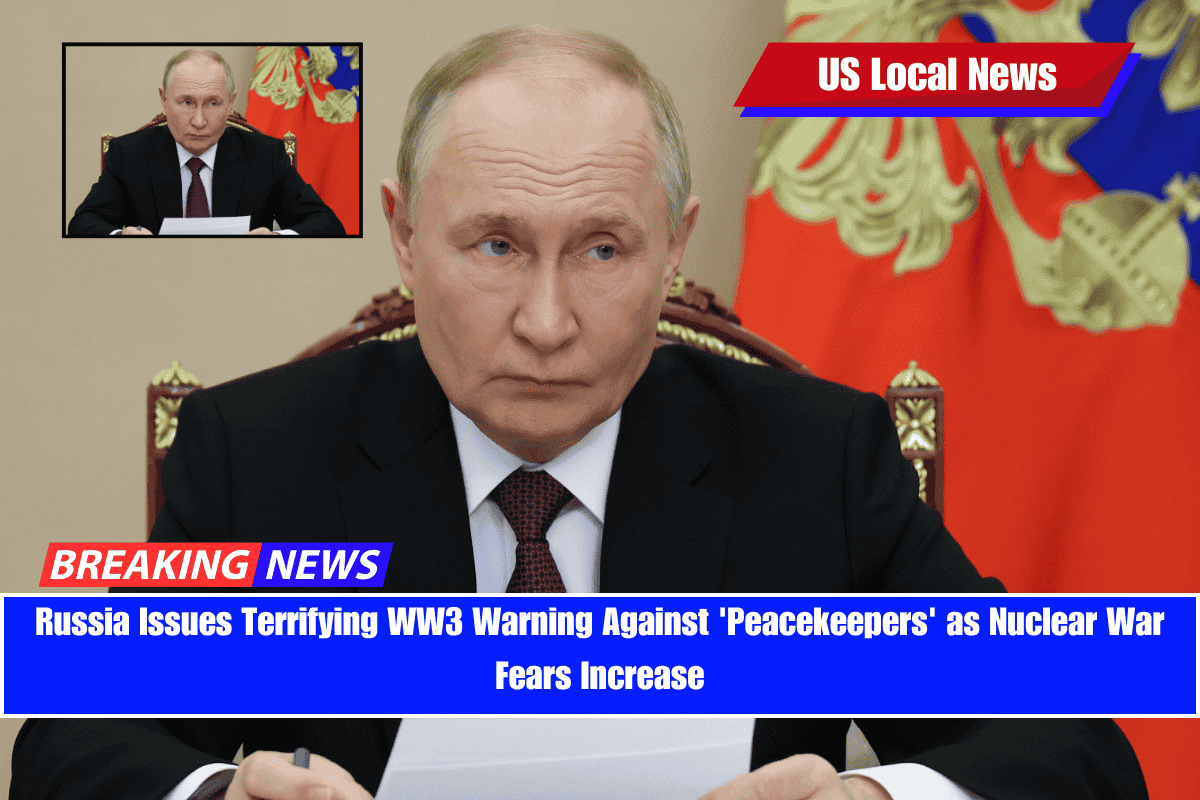

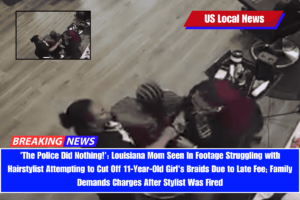

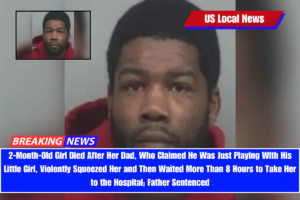



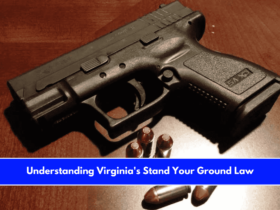
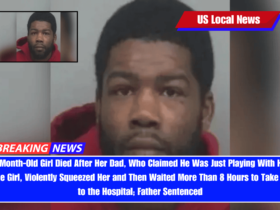
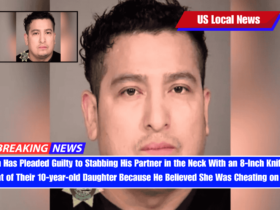


Leave a Reply